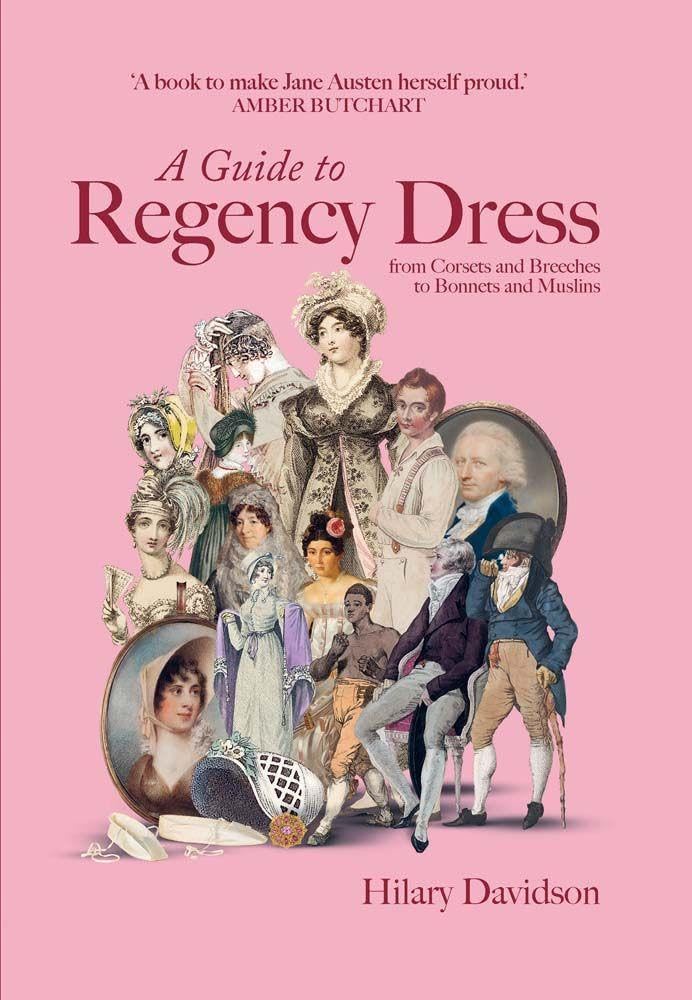To read our translation to the Spanish of the Scottish poem Wee Willie Winkie as well as the original in Scottish, click on Wee Willie Winkie. It's about a tiny nocturnal bogey that takes it upon himself to make sure that kids are in bed by ten o'clock p. m. and about weary mothers.
Para leer nuestra traducción al español de la poesía escocesa Wee Willie Winkie, así como la versión original en escocés pincha en Wili Winki. Es sobre un coco nocturno diminuto que se ocupa personalmente de que los niños estén en sus camitas sobre eso de las diez de la noche, y sobre mamás agotadas.
Below we publish some exercises should you care to work with this curious little poem.
Aquí debajo publicamos unos ejercicios por si quieres trabajar con este curioso poema.
I - Answer these questions / Contesta estas preguntas:
1. Who is Wee Willie Winky? / ¿Quién es Wili Winki?
2. What is a night-gown and why does Willie wear one? /¿Qué es una camisola y por qué la lleva Willie?
3. Why does he run about town? / ¿Por qué corre Willie por toda la ciudad?
4. When should all little children be in bed? / ¿A qué hora deberían estar los niños en la cama?
5. What kind of animals live in the house of the naughty child who won't go to sleep? / ¿Qué clase de animales hay en la casa del niño que no quiere dormir?
6. What is a creel? / ¿Qué es una nasa?
7. How old is the little boy that won't go to sleep? / ¿Qué edad tiene el niño que no quiere dormir?
8. With what do his parents threaten him? / ¿Con qué le amenazan sus padres?
9. What gives the sleepless child's mother renewed strength? / ¿Qué es lo que restaura las fuerzas de la madre agotada?
10. Who is the speaker in this poem? / ¿Quién es el narrador de este poema?
II - If you are not a patient person, it is likely you will scream you don't understand a word of this poem in the original Scottish. Do not despair. On the Internet you can find several translations of this poem into standard English. But it's a lot more fun to see which words you can identify. Try your hand at it.
Si no eres una persona paciente, seguro que ya estás gritando que no entiendes una palabra de esta poesía escrita en escocés. No desesperes. En Internet hay un montón de traducciones al inglés que puedes consultar. Pero es mucho más divertido intentar ver que palabras si que puedes identificar. Inténtalo.
___1. lug a. mother, madre
___2. frae b. ear, oreja
___3. mither c. town, pueblo, ciudad
___4. wean d. iron, hierro
___5. wambling e. run, correr
___6. canna f. wee one, niño pequeño
___7. airn g. from, de
___8. rin h. can't, no puede
___9. tirling i. wiggling, retorciéndose
___10. toun j. tapping, llamando con los nudillos
III - Find words in the text that are the same in English and in Scottish. Five at least. / Encuentra palabras en el texto que sean iguales en inglés y en escocés. Por lo menos cinco.
1.___________ 2. ___________ 3.___________ 4.__________ 5.___________.
IV - Writing or speaking, tell us about your local bogeymen. Did they frighten you with threats of being carried off by bogeys when you were a child? ave you got small children or brothers and sisters? Do they go to sleep easily? Etc. / Hablando o escribiendo, cuéntanos algo sobre los cocos locales. ¿Te asustaban con amenazas de que te cogería algún coco cuando eras pequeño? ¿Tienes niños o hermanos pequeños? ¿Les cuesta irse a dormir? Etc.
IV - Fill in the blanks to complete this information about the author of Wee Willie Winkie. You can use the following words: translated, buried, health, Glasgow, memorial, popular, called, nursery, spot.
William Miller, known as the ____________ poet, was a wood turner and cabinetmaker. His poems were ____________ into many languages, and he was ____________ the laurate of the ____________. In later life, Mr. Miller's ___________ was quite bad. He never made money from his works, though they were very __________. He died in poverty and is believed to have been ____________ in an unmarked plot. Today, a ____________ has been placed on that _____________.
Rellena los huecos para completar esta información sobre el autor de Wee Willie Winkie. Puedes usar estas palabras: monumento, niñería, traducidas, salud, laureado, Glasgow, pobreza, enterrado.
Guillermo Miller, conocido como el poeta de ___________, era un carpintero y ebanista. Sus obras fueron ___________ a muchos idiomas, y le llamaban el poeta ___________ de la ___________. En sus últimos años, la ____________ del Sr. Miller fue mala. Nunca hizo dinero con sus poesías. Murió en la _____________ y se cree que fue _______________ en un terreno sin marcar. Hoy han puesto un pequeño _____________ en ese lugar.








.jpg)















No comments:
Post a Comment
Hello! Comments are very welcome. Thank you. / ¡Hola! Los comentarios son muy bienvenidos.Gracias.